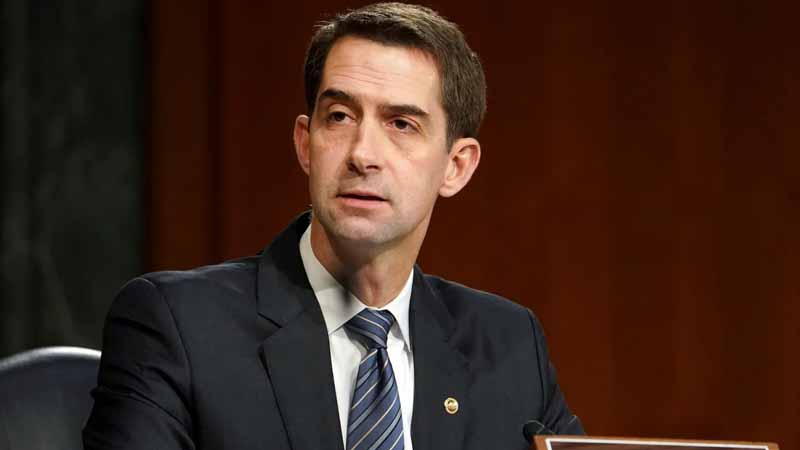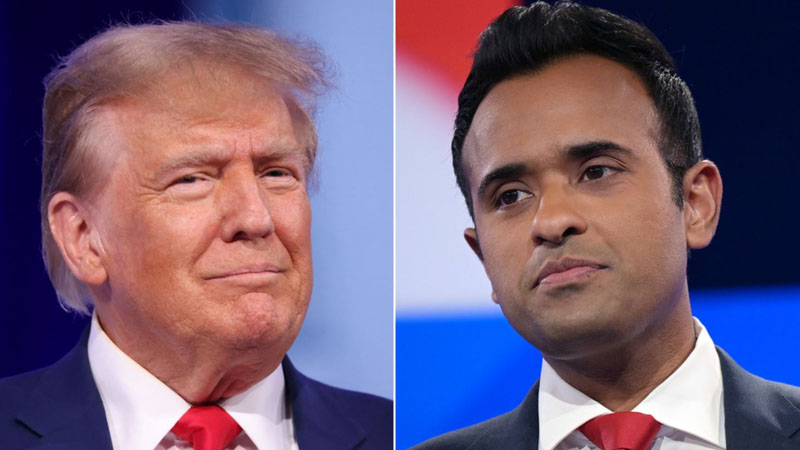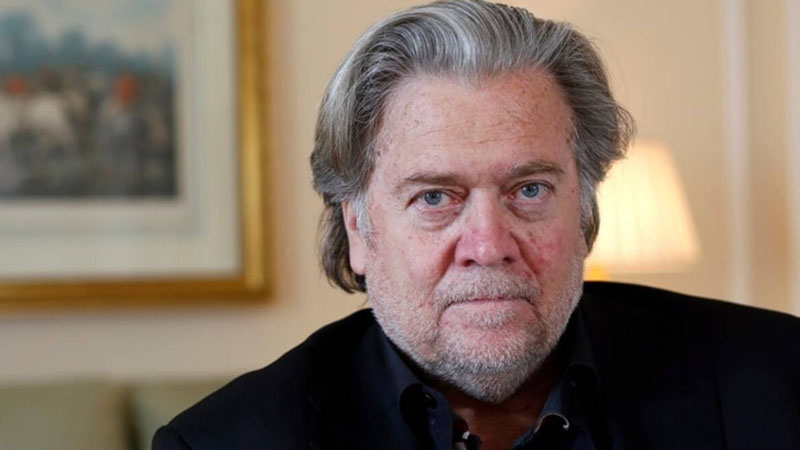Tom Cotton Warns of ‘Ruinous Liability’ for Companies Defying TikTok Ban at Trump’s Request

(AP)
Senator Tom Cotton (R-AR) issued a stark warning on Sunday, threatening “ruinous liability” for any company that follows President-elect Donald Trump’s plea to restore TikTok access after legislation banning the app went into effect. On Truth Social, Trump urged major tech companies like Google and Apple to defy the ban and make TikTok accessible again.
“I’m asking companies not to let TikTok stay dark!” Trump wrote. “I will issue an executive order on Monday to extend the period of time before the law’s prohibitions take effect so that we can make a deal to protect our national security.
The order will also confirm that there will be no liability for any company that helped keep TikTok from going dark before my order.” Trump added, “Americans deserve to see our exciting Inauguration on Monday, as well as other events and conversations.”
However, Senator Cotton took to X (formerly Twitter) to push back against Trump’s assurances.
“Any company that hosts, distributes, services, or otherwise facilitates communist-controlled TikTok could face hundreds of billions of dollars of ruinous liability under the law, not just from DOJ, but also under securities law, shareholder lawsuits, and state AGs,” Cotton warned. “Think about it.”
TikTok responded with a statement announcing it had restored services and expressed gratitude toward Trump. “We thank President Trump for providing the necessary clarity and assurance to our service providers that they will face no penalties providing TikTok to over 170 million Americans and allowing over 7 million small businesses to thrive,” the company said.
Despite TikTok’s restoration, access remained inconsistent. At the time of publication, TikTok was not available on Apple’s App Store but could be accessed through its website.
As Trump’s executive order looms, the disagreement between the president-elect and GOP lawmakers like Cotton underscores the contentious debate over TikTok’s future and its potential impact on national security, corporate liability, and public trust.


